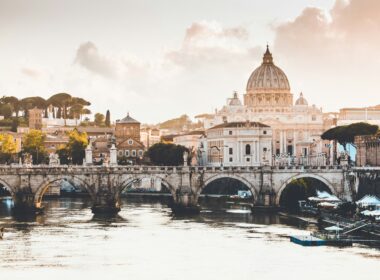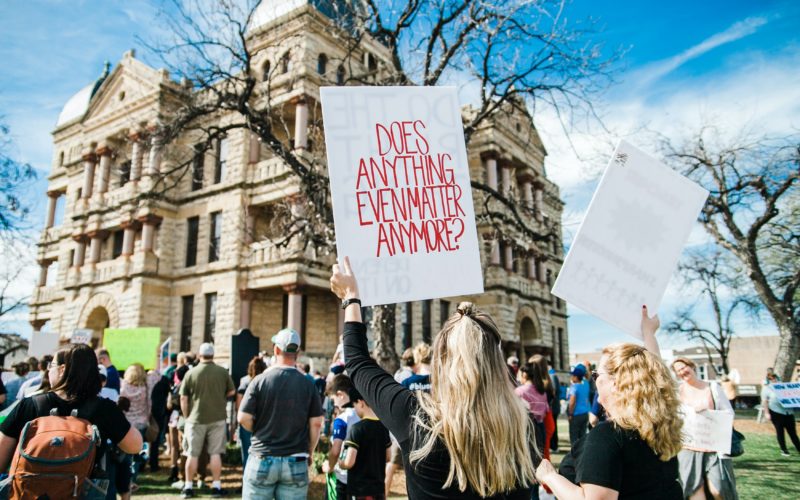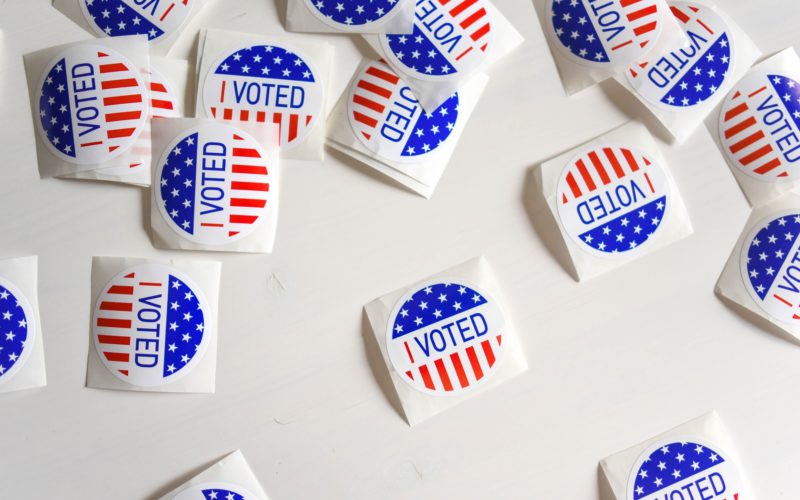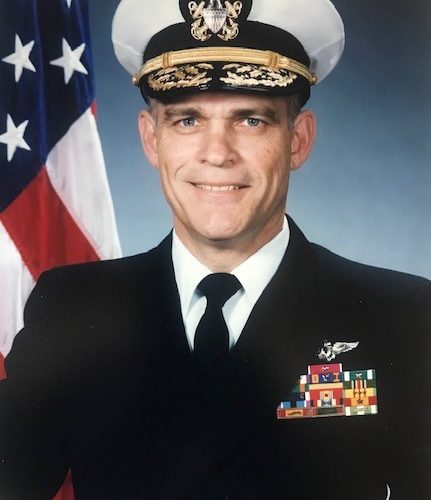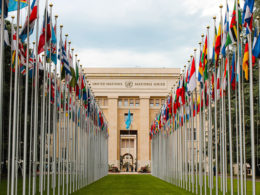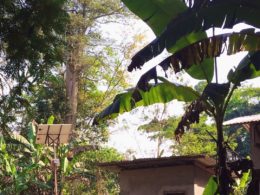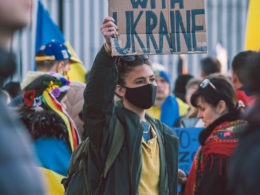By John Evans
Growing up and living in a land that is not that of your passport often imposes varying influences on one’s political views and opinions. Working as an adult in a different land can either reverse or reinforce those views.
If you do not speak the local language or spend much time with host country nationals, you are less likely to follow local news in anything beyond a superficial level. One benefit of this is that there is one less concern in daily life, except of course, when major events like political upheavals or widespread violence impact the lives of everyone in the country.
If you are fluent in the local language and interested in the political happenings of the country, you may not be welcome to voice your opinion. In fact, in some countries, foreigners have to sign a statement saying that they will not say anything bad about the country. One country we lived in was effectively a police state. We were given occasional reminders to avoid certain topics and we could not access information on them via social media. Any outright criticism could (and sometimes did) lead to immediate expulsion.
Any outright criticism could (and sometimes did) lead to immediate expulsion.
The experience of growing up abroad has given some TCKs a lasting motivation to make important or helpful contributions in the world, whether in politics, medicine, missions, or activism. For example, Robert Ekvall (https://prabook.com/web/robert.ekvall/3749733) was born and reared in China, gaining fluency in Mandarin. While in the US Army, he served as a translator at peace talks in Panmunjom, North Korea. He became a scholar on Tibetan culture.
Some of my classmates from Woodstock School in northern India went on to work in community health programs in Central Asia, do educational research that gave poor people in India recognition and visibility, or use their communication and technical skills to assist international initiatives in Egypt, Nepal, and other countries. Compassion for others and respect for their cultures, as well as sensitivity to the political realities of their host countries, most likely were key elements of their effectiveness and success.
Maryland (US) Senator Chris Van Hollen is an example of a TCK who came back to his passport country and chose politics as his avenue by which to make a positive contribution to society. Growing up with foreign service parents in several countries likely laid the seeds of his future interests to go into politics.
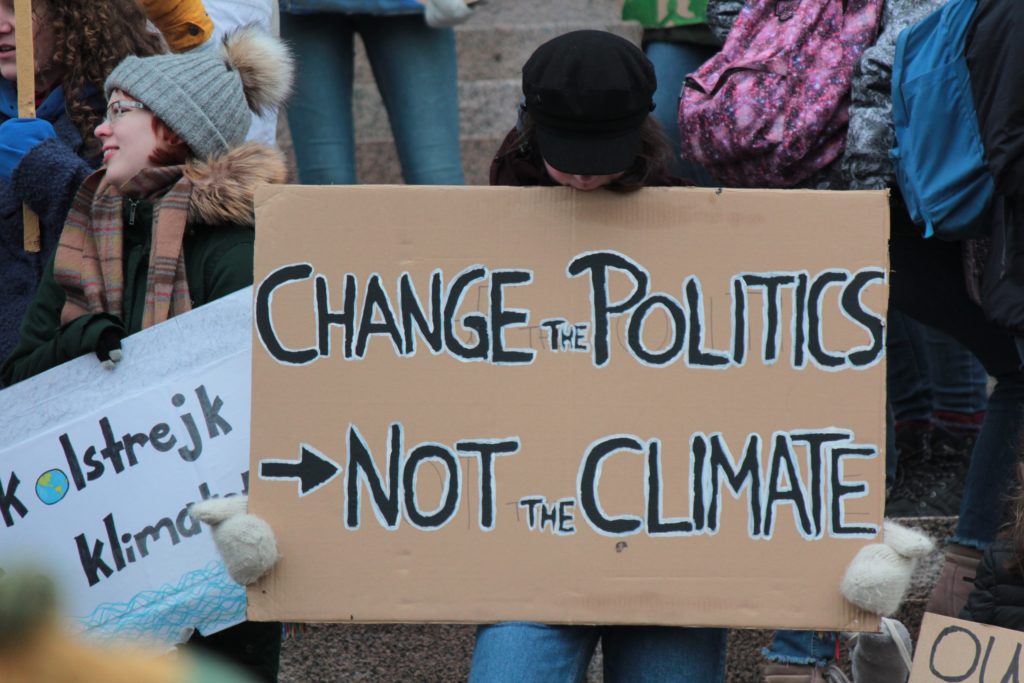
The political events and direction of my passport country were not things that mattered much while I was growing up abroad and even in my early years of working abroad. There were occasions when the actions of the US government prompted questions from people in the countries where we lived. It was common for others to assume that I represented my passport country simply because I am an American: “Why did your country bomb Libya?” or “boycott the Moscow Olympics?” or “support Tibet?” But for many years, I was able to live at a comfortable distance from politics in my passport country.
It’s only in recent years when political developments (including responses to the global pandemic) in the United States have led to social fractures so significant that one cannot ignore the impact of political realities. Issues are complex, positions are rigidly taken, compromise is not valued, and distrust in our system of governance has weakened. The circumstances prompt me to draw upon lessons learned as a TCK.
For many years, I was able to live at a comfortable distance from politics in my passport country.
There are many systems of government working effectively in the world. I have lived in some and have come to recognize that there is no “one size fits all” style of government. Today’s news channels often show protestors or angry people on one side or the other of emotionally fraught positions, demanding political action to solve issues. As a TCK now living in my passport country, I cannot ignore the impact of the political decisions that are made. I see voting as part of my civic duty. Also, whatever positions I have on various issues, as a Christian I have a call to love those taking opposing positions. Living in and visiting several countries and working with people from a wide cross-section of nationalities and cultures has nurtured in me an empathetic spirit that helps me approach others with respect.
This perspective and my faith help me stay centered as I navigate these times of political stress and potential turmoil.
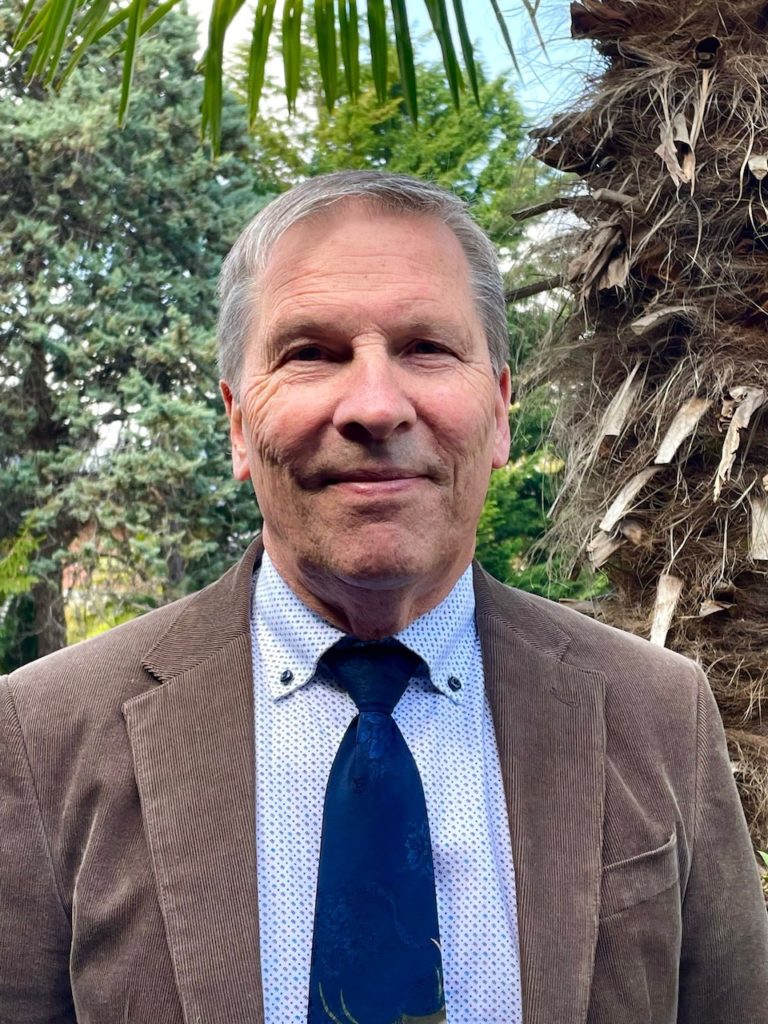
The son of missionaries, John grew up in India. He married a fellow TCK and they began careers in international education. John has served primarily as a high school counselor. He has been privileged to work with a wide spectrum of students in India, Pakistan, Jordan, the Democratic Republic of Congo, Hong Kong, Morocco, the United States, Bangladesh, China, the Czech Republic, and Switzerland.




